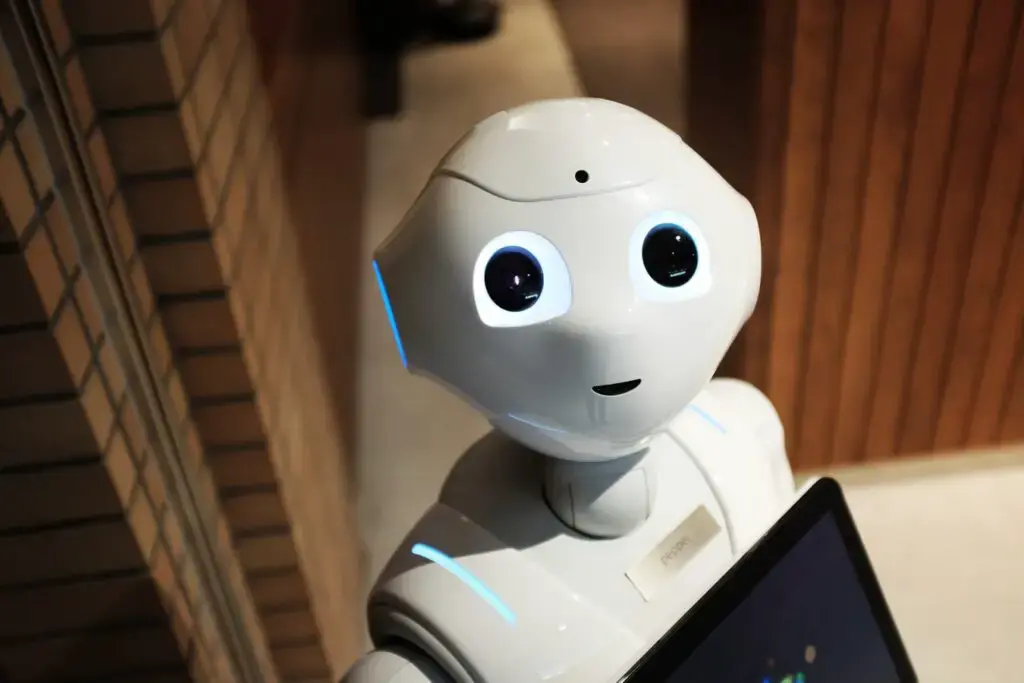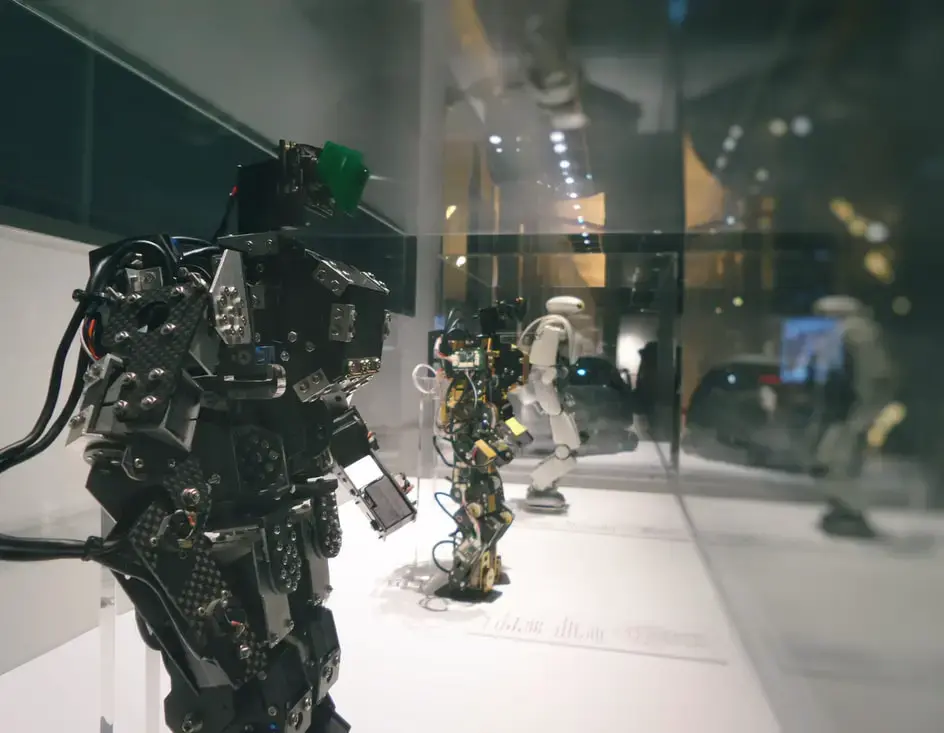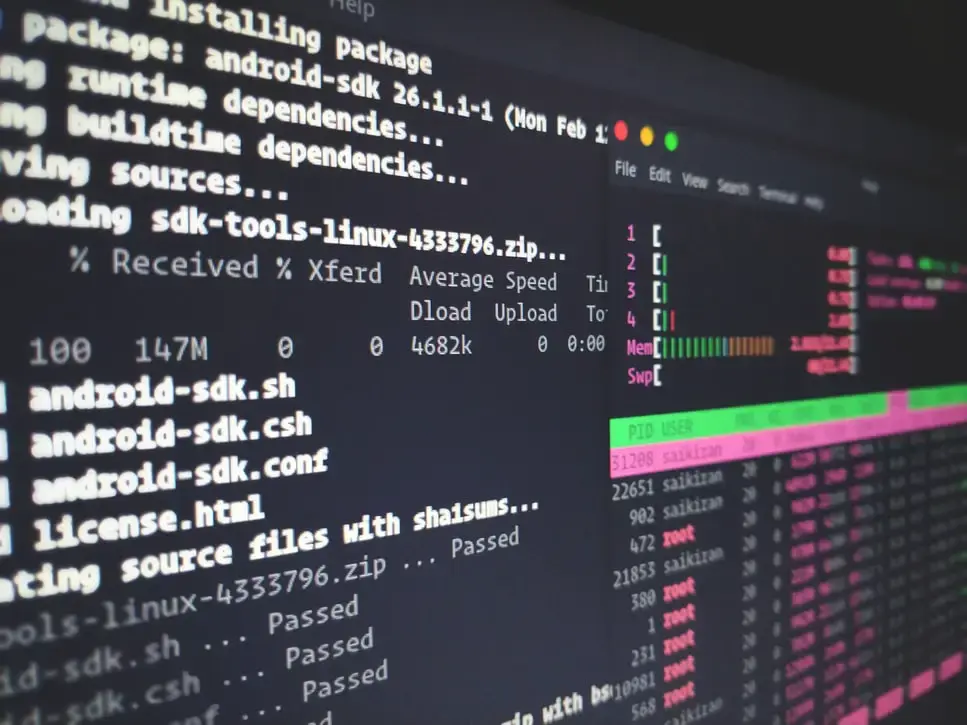Imagine a future in which intelligence is not limited to humans. A lot in which machines can think and people and work with them to make it an even more exciting universe. While the future is still far away, Artificial Intelligence always made a lot of progress at this time.
A.I Studies
Many studies are conducted in almost all areas of A.I. as Quantum Computing, Healthcare, Autonomous Vehicle, Internet of Things, Robotics, etc. So much so that there is an increase of 90% in the number of research papers published each year in Artificial Intelligence since 1996. And to check your thesis will help you with tools collected on Study Crumb – you can check it for plagiarism, readability, grammar, etc.
Keeping this in mind, if you want to research and write a thesis based on Artificial Intelligence, there are many sub-topics that you can focus on. Some of these topics, along with a brief introduction, is provided in this article. We have also mentioned several published research papers relating to each of these topics to better understand the research process.

So without further ado, let’s look at a different topic for research and thesis on Artificial Intelligence!
1. Machine Learning
Machine Learning involves using Artificial Intelligence to enable the machine to learn their program experience without specifically about the job. (In short, learning machine automatically without human hand holding !!!) The process begins by feeding them high-quality data and then training the engine to build various machine learning and data models using different algorithms. Algorithm selection depends on the type of data we have and what kind of tasks we are trying to automate.
However, in general, the Machine Learning algorithm is divided into three types, namely the supervision of Machine Learning Algorithms, Unsupervised Machine Learning Algorithms and Reinforcement Machine Learning Algorithms.
2. Long Learning
Profound Learning is part of the Machine Learning who learns by imitating the human brain’s inner workings to process data and execute decisions based on that data. Deep Learning using neural networks to implement machine learning. These neural networks are connected in a web-like structure of such a system in the human brain (basically a simplified version of our mind!).

The neural network’s web-like structure means that they can process data in a nonlinear approach, which is a significant advantage over traditional algorithms that can only process the data in a linear system. An example of a deep neural network is RankBrain, which is one factor in the algorithm of Google Search.
3. Reinforcement Learning
Reinforcement Learning is part of the Artificial Intelligence in which machine learning something similar to how humans learn. For example, assume that the device is a student. The following hypothetical student is learning from his own mistakes from time to time (as we had !!). They are so Strengthening Machine Learning Algorithms, optimal action learning through trial and error.
This means that the algorithm decides the next action by behavior based on current conditions, which will maximize reward in the future of Learning. And like humans, this works for the engine too! For example, the computer program Google AlphaGo able to defeat the world champion in the game of Go (it is the man!) In 2017 using Reinforcement Learning.
4. Robotics
Robotics is a field that deals with creating humanoid machines that can behave like a man and take some action, such as a human. Now, the robot can act like humans in certain situations, but can they think like humans, too?
This is where artificial intelligence comes in! A.I. allows the robot to work intelligently in a given case. This robot may solve the problem within a limited scope or even learn in a controlled environment.
An example of this is Kismet; a robot social interaction M.I.T. developed at the Artificial Intelligence Lab. He acknowledged the human body language and also our voice and interact with them accordingly. Another example is the Robonaut, developed by NASA to work with astronauts in space.

5. Natural Language Processing
Humans can communicate with each other using speech, but now machines can too! This is known as Natural Language Processing engine, which analyzes and understands language and speech as spoken (Now, if you’re talking to a machine that may talk back!). There are many subparts of N.L.P. related languages such as speech recognition, natural language generation, natural language translation, etc.
N.L.P. is currently very popular for customer support applications, especially chatbot messages. Chatbots ML and N.L.P. use to interact with the user in textual and solve their queries. So you get the human touch in your customer support interactions without ever directly interact with humans.
Some of the research paper published in the field of Natural Language Processing is provided here. You can learn them to get more ideas about research and thesis on this topic.
6. Computer Vision
The Internet is full of pictures! This is the age selfie, were taking pictures and sharing has never been more comfortable. In fact, millions of images are launch and viewed every day on the Internet. To make the most use of this large number of images online, it is essential that the computer can see and understand the pictures. And while humans can do this easily without thinking, it’s not so easy for a computer! This is where Computer Vision comes.
Computer Vision using Artificial Intelligence to extract information from images. This information can detect an object in an embodiment, the image content identification to group various images, etc. An application of computer vision is for autonomous vehicle navigation by analyzing images of the environment, such as the inventor AutoNav Spirit and Opportunity landed on Mars.

7. Recommender Systems
When you use Netflix, you get a recommendation from a large selection of movies and series based on past or genre you like? This is done with Recommender Systems, which provides clues about what the next must choose among a vast selection available online. Recommender systems can be based on content recommendations based on or even Collaborative Filtering.
Content-Based Recommendations are made by analyzing the content of all items. For example, you can recommend books that you might like base on Natural Language Processing is done on the book. On the other hand, Collaborative Filtering is done by analyzing reading past you and then recommend books base on it.


